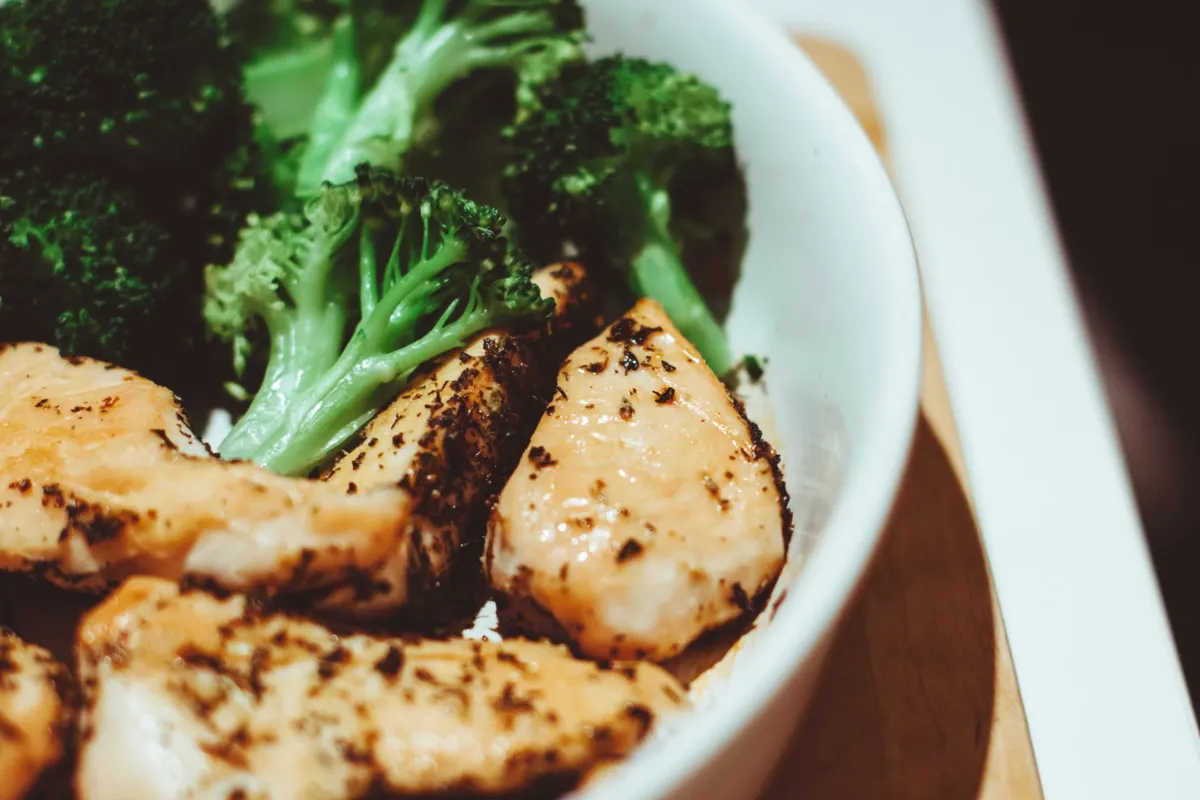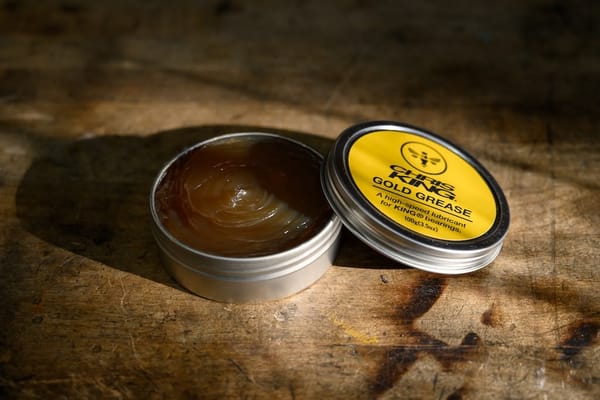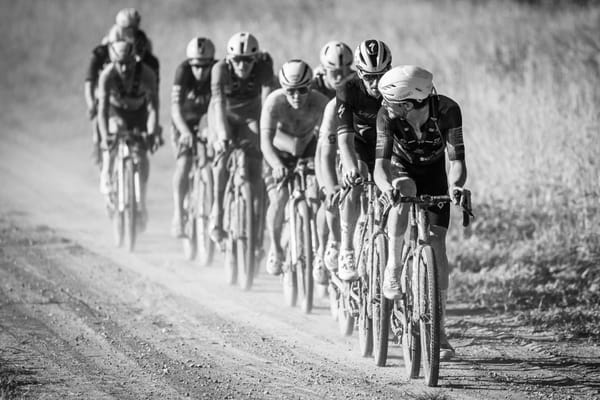Understanding Off-Season Nutrition: Principles and Strategies for Cyclists

The off-season presents a unique opportunity for cyclists to rejuvenate, recover, and prepare for the upcoming season. Nutrition plays a pivotal role during this phase, significantly impacting an athlete’s health and performance. This article delves into the principles of off-season nutrition, offering guidance based on recent research.
Understanding Off-Season Dietary Needs
1. Energy Balance
- Lower Activity, Lower Caloric Needs: Off-season typically means reduced training intensity and volume, leading to lower caloric requirements.
- Research Insight: A study by Coyle EF. (2000) in the ‘Journal of Sports Sciences’ highlights the importance of adjusting energy intake to prevent weight gain during periods of reduced activity.
2. Macronutrient Distribution
- Carbohydrates: Essential for maintaining glycogen stores, but intake should be aligned with reduced training load.
- Proteins: Crucial for muscle repair and recovery. The American College of Sports Medicine recommends 1.2-2.0 g/kg/day.
- Fats: Important for overall health, focusing on unsaturated fats.
3. Micronutrients and Hydration
- Vitamins and Minerals: Ensure adequate intake of iron, calcium, vitamin D, and others for bone health and immune function.
- Hydration: Remains important despite lower sweating rates. Aim for urine that is light yellow in color.
4. Periodization of Nutrition
- Adapting to Training Phases: Adjust macronutrient ratios in response to changes in training intensity.
Practical Dietary Strategies
1. Meal Planning
- Focus on whole, unprocessed foods.
- Incorporate a variety of fruits, vegetables, lean proteins, and whole grains.
2. Weight Management
- Monitor body composition regularly.
- Avoid drastic weight loss methods; aim for gradual changes.
3. Recovery Nutrition
- Post-exercise meals should include carbohydrates and proteins for optimal recovery.
4. Supplementation
- Use supplements judiciously. Omega-3 fatty acids, vitamin D, and protein supplements can be beneficial.
Special Considerations
- Off-Season Training Camps: Increase carbohydrate intake to match increased training load.
- Injury Recovery: Protein intake is crucial for healing.
- Vegetarian and Vegan Athletes: Ensure adequate protein and micronutrient intake.
Conclusion
Off-season nutrition is about finding the right balance between maintaining health and preparing for the upcoming season. Adjusting dietary intake according to reduced training demands while ensuring adequate nutrient supply is key.
References
- Coyle, E.F. (2000). ‘Physical activity and weight control: conflicting findings’. Journal of Sports Sciences.
- American College of Sports Medicine. (2016). ‘Nutrition and Athletic Performance’.
- Burke, L.M., & Deakin, V. (2015). ‘Clinical Sports Nutrition’. McGraw-Hill Education.
- Jeukendrup, A.E., & Gleeson, M. (2010). ‘Sport Nutrition’. Human Kinetics.





